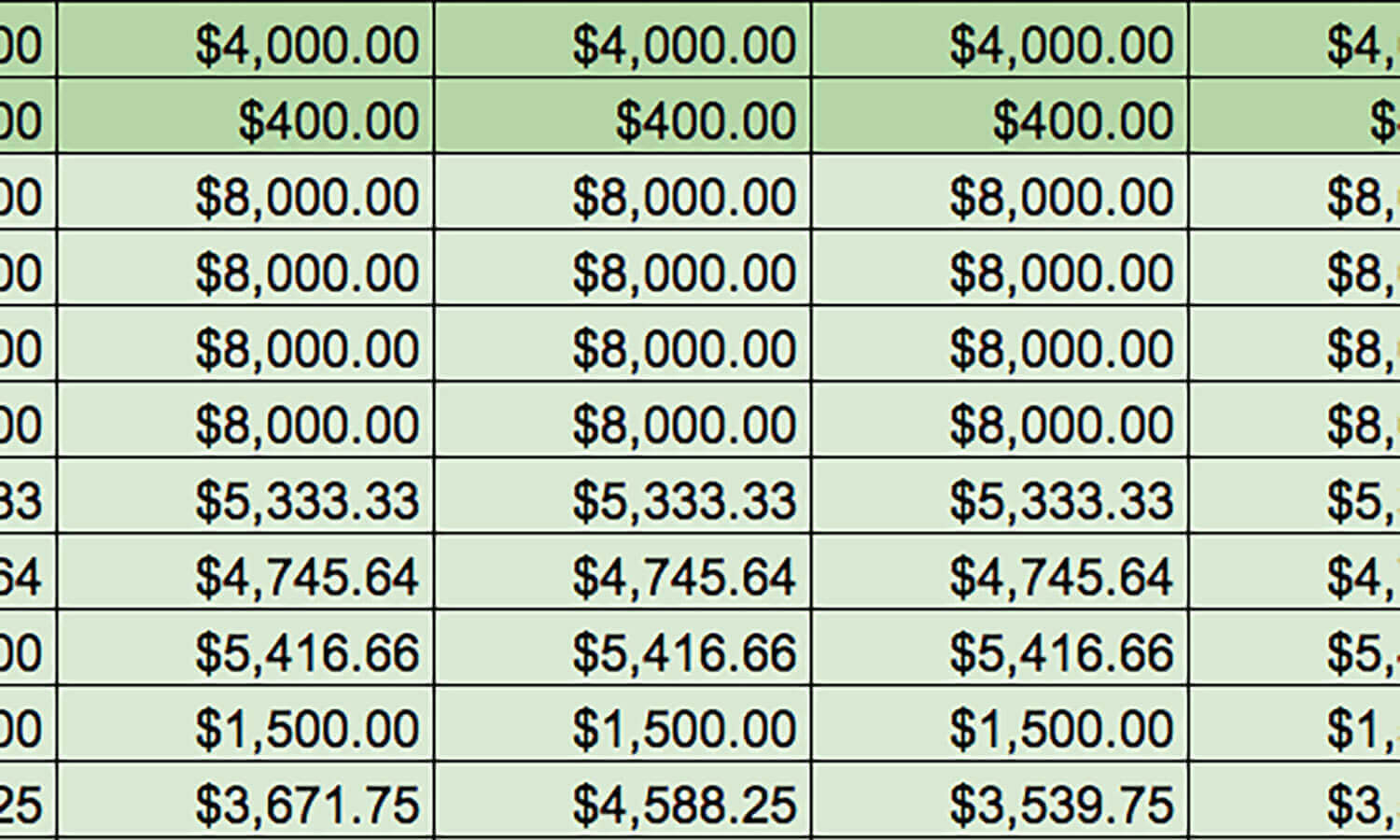Not Everything That Counts Can be Counted.
If you hang around the business world long enough, eventually you become familiar with a few maxims and mantras. Here's one: "What gets measured gets done."
On a surface level, that statement makes perfect sense. It implies, for example, that if people know they're being measured, they're much more likely to work their butts off in order to meet whatever predetermined target numbers they're supposed to hit.
Optimal anxiety.
Measurement of a business task is designed to attempt to stimulate people (through either positive or negative stress) to achieve the mental and emotional state of peak performance spelled out in Yerkes-Dodson Law: optimal anxiety. You probably know the feeling: the magical point where you're freaked out just enough to elevate your game, but not so freaked out that you become overwhelmed by the pressure.
It also implies that if a business can't accurately measure the results of a specific activity, that activity is not likely to survive long (ie management is going to cut that program!).
But here's another thought: "Not everything that counts can be counted, and not everything that can be counted counts." Sometimes attributed to Albert Einstein, but in fact originating with sociologist William Bruce Cameron, it addresses the notion that anything that cannot be readily quantified is valueless.
Our customers' customers are people.
More fully, Mr. Cameron's statement says: "It would be nice if all of the data which sociologists require could be enumerated because then we could run them through IBM machines and draw charts as the economists do. However, not everything that can be counted counts, and not everything that counts can be counted." He's talking about measuring human behavior, and that's where things get a little fuzzy.
We do a lot of our work in the 'not everything that counts can be counted' world. We help our clients express their essential selves, their values and culture. We help them build and maintain connections and relationships, establish legitimacy and gain trust and credibility, foster pride and generate positive perception. We help them articulate and communicate brand—the intangible intellectual and emotional capital that serves more and more as the key distinguishing factor between competitors and peers.
In the so-called 'attention economy', people know instinctively that a strong brand communicated well can be a difference-maker. But because our customers' customers are people (hard to measure), and the brand communication we help create is so wrapped up in our client's big picture (impacted by employee behavior, product and service performance etc), the ROI our work generates can be difficult and sometimes impossible to pin down.
One thing is certain: reputation is seen as a huge contributor to concrete business outcomes. Attracting the right kind of people to an organization from both human resources and customer standpoints is critical, and among all constituent audiences, a positive view of an organization, a product or a service results in higher perceived value (read 'pricing power') and loyalty that provides greater tolerance and forgiveness when things go wrong.
Investment in intangibles.
And here's the real biggie. According to Baruch Lev, Professor of Accounting and Finance at New York University Stern School of Business, brand falls under the umbrella of organizational capital, one of three major business intangibles that also include research and development and human resources. His assessment: "Innovation is primarily achieved by investment in intangibles."
So, if you subscribe to the measurement maxim—that an organization should focus only on what it can accurately measure—you might think that committing resources to stuff with hard to pin down or fuzzy ROI is incredibly risky.
The most innovative (and financially successful) companies you can think of might argue exactly the opposite.
